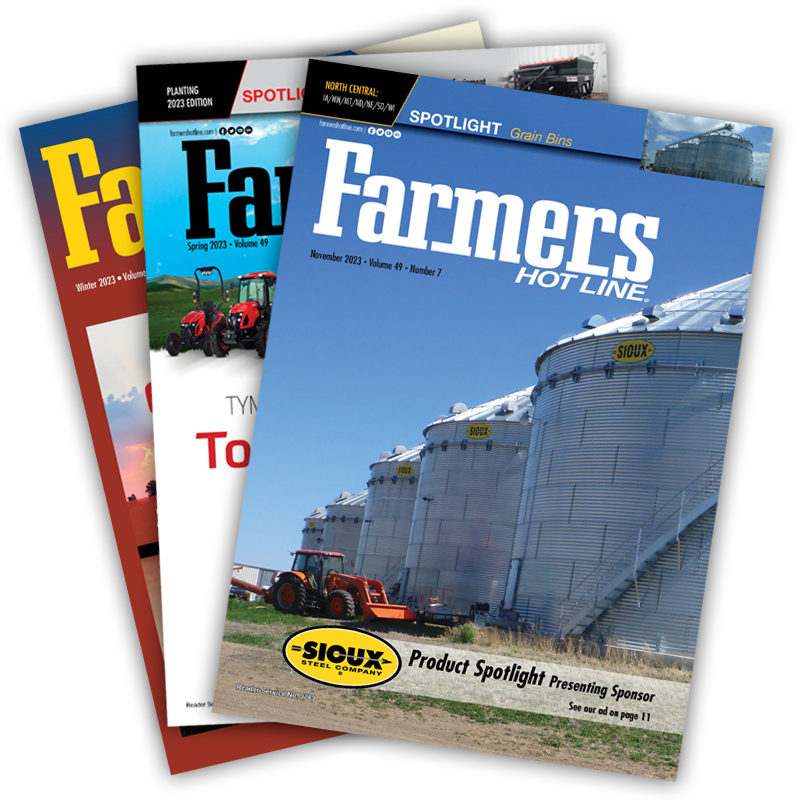Farm Equipment Industry Discussing New Braking Standards
 Much of the equipment Farm Equipment Manufacturers Association (FEMA) members manufacture is built to safely and effectively move through farm fields while maintaining the capability of being transported as a "slow moving vehicle" (SMV) on public roadways without the need for additional braking systems required.
Much of the equipment Farm Equipment Manufacturers Association (FEMA) members manufacture is built to safely and effectively move through farm fields while maintaining the capability of being transported as a "slow moving vehicle" (SMV) on public roadways without the need for additional braking systems required.
When that equipment enters the public roadways, several factors have to be considered, including size, weight, and some would argue most importantly, the speed at which the equipment is towed.
In March, FEMA told members that a subcommittee of the American Society of Agricultural & Biological Engineers (ASABE) had reviewed the work of a task force of braking system experts. This group compared the current requirements in ASAE S365.9 to current braking requirements of other countries, some of which have little in common with equipment and conditions in North America. The group noted several areas where the ASABE standard was not in conformity with standards more commonly found in Europe, such as:
• Has no provision to allow towing of a light-weight ag vehicle without brakes at speeds exceeding 32 kph (20 mph);
• Has no distinction between commodity trailers with variable transport loads and implements with fixed transport loads;
• Does not address how the brake system interfaces between towing vehicle and the towed vehicle;
• Has no provisions to warn the operator that the brake system has failed;
• Does not clearly address requirements for combination braking systems (hydrostatic & friction brakes); and
• Increases complexity for manufacturers and users due to the misalignment with other standards around the world.
In June, FEMA staff, along with some of its key leadership, attended a meeting in Kansas City where they learned more about the work of this ad hoc group and their interest in changing the ASABE braking standard.
Leadership of our Association has continued to meet with this group and has addressed some of the concerns FEMA believes shortline manufacturers may have with changes in this long established standard, which has changed little in the last 15 years.
If your company manufactures slow-moving towed equipment that does not require a braking system, you may be significantly affected by this, and you may want to become directly involved before a formal proposal is submitted to ASABE for industry and public input.
This important issue to many member companies will be a major topic of two FEMA product council meetings at the Marketing and Distribution Convention in San Diego. Details regarding these sessions, and the entire convention, are available at FarmEquip.org/FC16.


